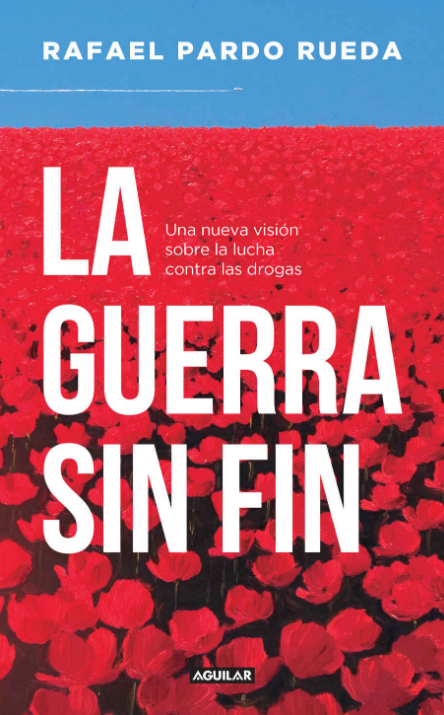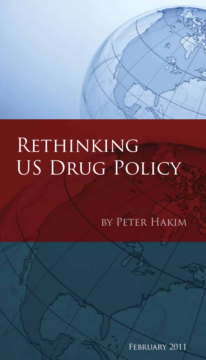Colombia-Venezuela Relations: What Are the Prospects?
Colombia and Venezuela have a history of rocky relations characterized by short bursts of improvement and deterioration.
Rafael Pardo, former minister of defense of Colombia, has published a new book titled La guerra sin fin: Una nueva visión sobre la lucha contra las drogas, or "The War with No End: A New Vision for the Fight against Drugs."
In his new book, Pardo analyzes the current drug war in Colombia. He notes that "although there have been many great efforts [in the fight against drugs and cartels, it's resulted in] many victims and not many victories. Today, more cocaine is grown in Colombia than ever before - why?" To answer this question, he reflects on his experience of working on drug policy and issues for more than thirty years as well as the challenges he faced as defense minister in Colombia in the 1990s against the Pablo Escobar cartels and the problems he encountered as a high-level advisor in the post-conflict FARC era. The book concludes with the important lessons and takeaways to consider from the last 50 years of the war, including Pardo's call for a new approach in tackling the drug issue.
Rafael Pardo is a Member of the Inter-American Dialogue.
Colombia and Venezuela have a history of rocky relations characterized by short bursts of improvement and deterioration.
US citizens today are clearly unhappy with their government’s anti-drug policies.
On August 7, an important chapter in Colombian-Venezuelan relations that has coincided with the presidencies of Alvaro Uribe and Hugo Chavez will come to an end. These last eight years have been a rollercoaster, with moments of great tension but also occasional pragmatism.

